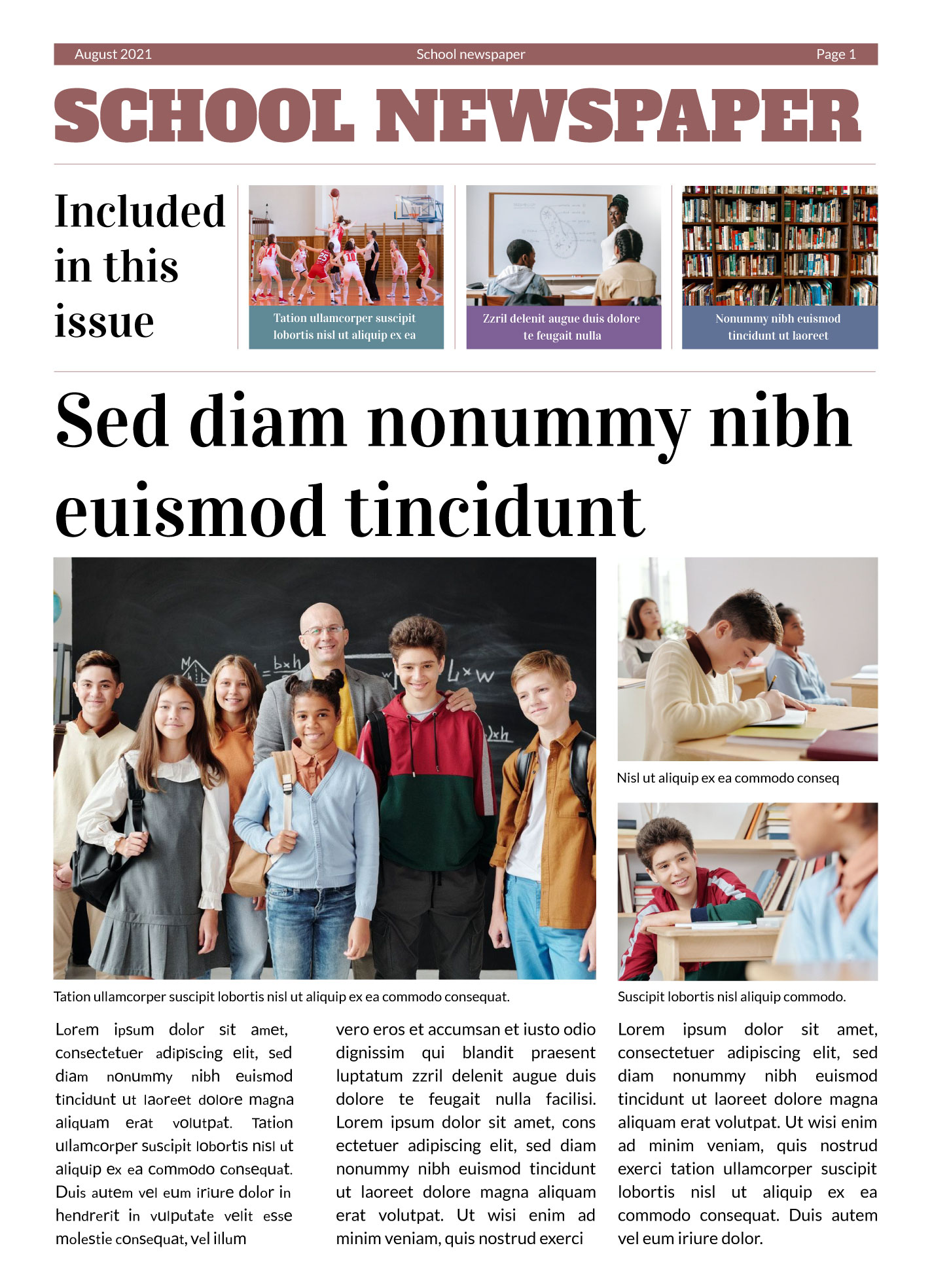In a groundbreaking decision, the Lodi Unified School District in California has chosen to allow a high school newspaper to publish a profile of an 18-year-old student engaged in the adult film industry. This decision comes amid tensions surrounding free speech and censorship within educational institutions. The article, which is set to appear in the Bruin Voice, the student newspaper at Bear Creek High School, has ignited a passionate debate about the role of student journalism and the rights of young people to express themselves.
The controversy began when Kathi Duffel, the newspaper's advisor, accused district officials of attempting to censor the article by demanding prior review and approval. In a letter dated April 11, district Superintendent Cathy Nichols-Washer warned Duffel about potential disciplinary actions, including dismissal, if she refused to comply. This ultimatum raised serious questions about the boundaries of editorial independence in student publications.
Duffel stood firm, arguing that the First Amendment protects the rights of student journalists. After discussions with district officials, it was agreed that an attorney would review the article, leading to the conclusion that it did not violate any education codes. This legal backing further underscored the importance of upholding free speech in educational settings, highlighting the ongoing struggle for autonomy faced by student journalists across the nation.
What You Will Learn
- The significance of free speech in student journalism
- The implications of censorship in educational institutions
- The role of legal protections for student journalists
- How student voices can shape discussions about societal norms




